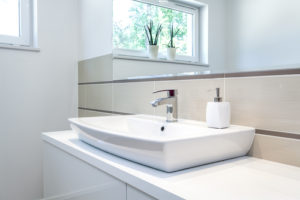How Long do Bathroom Renovations Take?
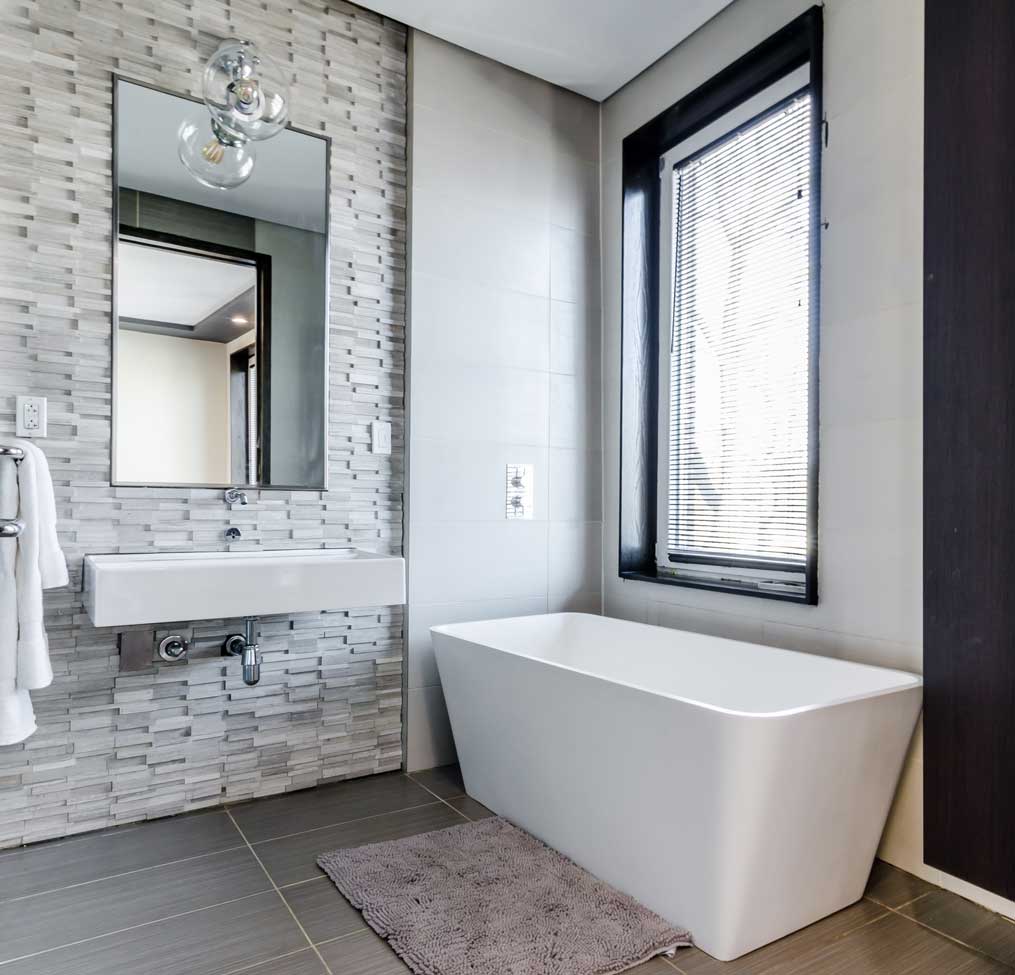
One thing that can make a difference to the length of an upgrade is how many tradesmen are hired for the task and how many times they’re needed to come and work on the project. Tradesmen you may need for this kind of renovation include:
- Cabinet maker
- Carpenter
- Electrician
- Painter
- Plasterer
- Plumber
- Tiler
- Waterproofer
The Renovation Process
Plumbers and Electricians
In most cases, these types of tradesmen get involved early on in the remodelling process – however, they tend to undertake work one after the other (instead of at the same time). Depending on the structural considerations of your bathroom, their necessary responsibilities can take around 4 to 6 weeks to complete.
Who to hire?
If you need something done that you cannot do alone, you may want to get the help of an experienced individual. Here are a few reasons why you might want to hire an expert:
- If you are unable to disconnect old and install new wiring
- If you can’t disconnect old pipes and fit new ones into designated areas
- If you need, but are unable, to make any structural changes
Roles of different tradesmen
There are a number of different people who you could hire to help you with your remodelling project.
Carpenters:
These tradesmen can often install wooden flooring, add new walls, or make alterations to doors and windows – as well as prepare the room for a plasterer, build wooden accessories and more. Generally, their work can take a couple of days.
Plasterers:
An expert will generally seal rooms and plaster walls and ceilings (with materials such as gyprock, sand and cement) – and this can often take a few days.
Waterproofing experts:
Waterproofing is often an important feature to prevent water damage and an expert can take around 2 to 3 days to properly seal a property.
Tilers:
Tiles are often crucial for the aesthetics of a bathroom space and an experienced professional should be able to help with both the design and the installation to create a beautiful, yet functional, space.
What needs to be done after this?
Generally, when all of these tradesmen have their work out of the way, you’ll need to have cabinetry installed (which can be done before or after tiling). If you are using stone bench-tops, you may need the help of a stonemason to take the correct measurements, too.
A shower screen is usually the next thing to install – and after that, plumbers, electricians and carpenters should tie up any loose ends. Finally, a painter will come in (or you could instead paint the room yourself).
While the above may not be the case in every remodel, it can be important to keep in mind that the less complex a renovation is, the cheaper and quicker it’s likely to be.


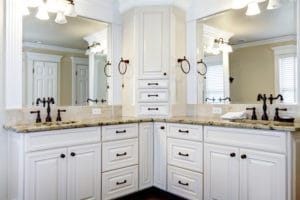 There are quite a few reasons why you may want to upgrade your bathroom – and because of this, you might be planning a renovation for this part of your house. If this is the case, it’s often best to learn more about the costs involved with this type of project before rushing into things.
There are quite a few reasons why you may want to upgrade your bathroom – and because of this, you might be planning a renovation for this part of your house. If this is the case, it’s often best to learn more about the costs involved with this type of project before rushing into things.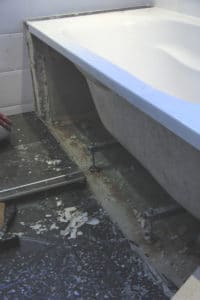 If you’re planning to spend as little on your remodel as possible, you may be wondering how you could save cash. It can be a good idea to only change the things that need to be changed – and to make do where possible.
If you’re planning to spend as little on your remodel as possible, you may be wondering how you could save cash. It can be a good idea to only change the things that need to be changed – and to make do where possible.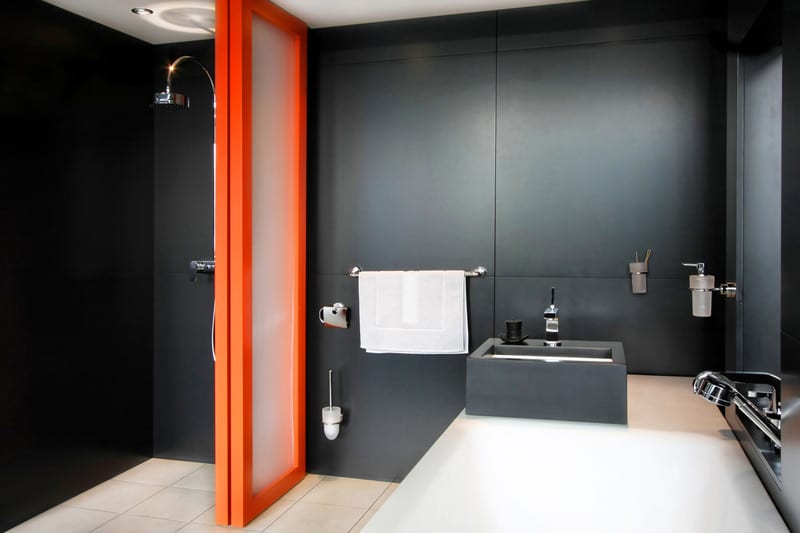 Bathroom renovations are considered to be one of the best home improvement projects when it comes to ROI (return on investment). However, this doesn’t mean that they’re the cheapest of projects. In general, to renovate a small bathroom, you’ll be looking to pay from around $5,000 to $15,000.
Bathroom renovations are considered to be one of the best home improvement projects when it comes to ROI (return on investment). However, this doesn’t mean that they’re the cheapest of projects. In general, to renovate a small bathroom, you’ll be looking to pay from around $5,000 to $15,000.
